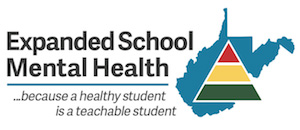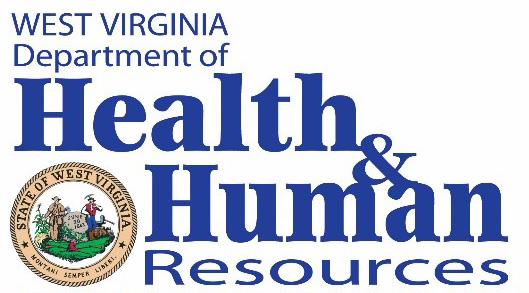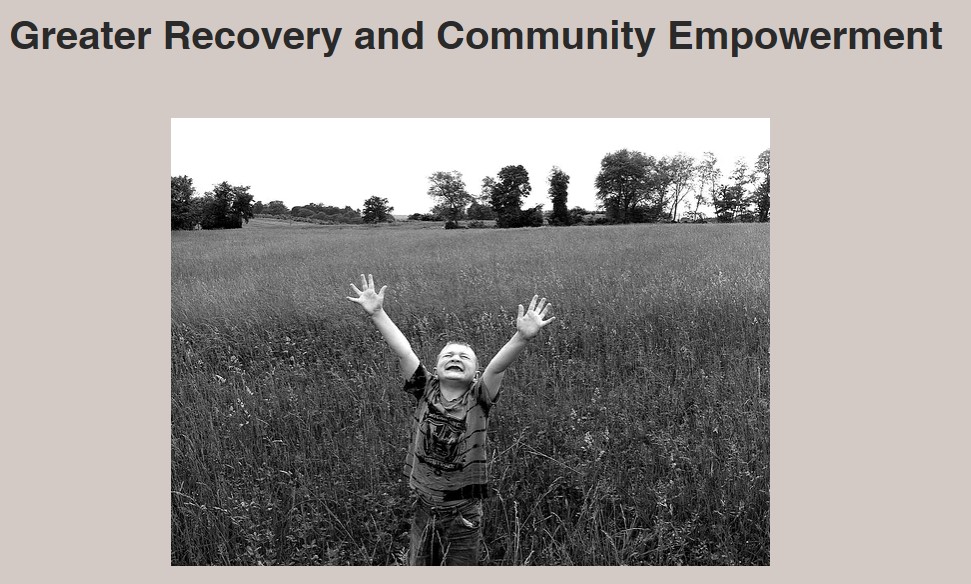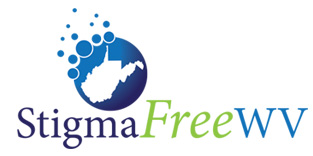The West Virginia Public School System is on the frontline with teachers and school personnel often serving as the first responders to students who need their basic neurological, biological, psychological, and social emotional needs met. Supporting these students is a priority of our school system to ensure our children can continue to grow and thrive as they navigate the challenges they face.
West Virginia children are exposed to adverse childhood experiences creating toxic stress which manifests itself in a variety of ways in our classrooms. Childhood trauma crosses all socioeconomic barriers and has greatly affected students living in homes and communities directly engaged in substance abuse. While not the intent of the parent or caregiver, opioid addiction and other substance abuse often has a direct correlation with abuse and neglect. The manifestation of trauma in our schools ranges from erratic behaviors to an array of social-emotional needs in the classroom. For teachers and school personnel, the impact of toxic stress can reveal itself in the form of anxiety, depression, hopelessness, behavioral disorders, attention deficit hyperactivity disorder (ADHD) and others.
ReClaimWV is an initiative that seeks to advance wellness and resilience in students to equip them to become lifelong learners and achieve personal success. Students touched by trauma and the secondary impact of trauma on school personnel must be addressed and supported by schools, families, and communities.
In response to the opioid epidemic, the West Virginia Department of Education will support and collaborate with local education agencies, communities, and families to address the social-emotional, physical, behavioral, and mental health needs of our students. Please join us in this effort to “reclaim” our future leaders from the substance abuse epidemic.
Partners
The WV Behavior/Mental Health Technical Assistance Center is funded by West Virginia Department of Education’s Office of Special Education and is housed at the Autism Training Center at Marshall University. The center was created as a response to local outcry for supports with issues related to student behavior/mental health needs as well as the need to improve the continuity of existing interventions in schools. The center offers training and technical assistance in a variety of areas. The interventions supported by the center are based upon the national models and research related to multi-tiered systems of support (MTSS) and interconnected systems framework (ISF).
The West Virginia School Health Technical Assistance Center is based at the Center for Rural Health, Joan C. Edwards School of Medicine, Marshall University. Since 1994, the Center has provided technical assistance to and evaluation of school based health centers. Currently, the Center provides technical assistance to support community and school partnerships for school based health services in areas of primary health care, mental health and dental health.
The West Virginia Department of Health and Human Resources provides systems of care for our state. One of these is West Virginia’s Expanded School Mental Health initiative, a jointly sponsored effort of the West Virginia Department of Education, the West Virginia Department of Health and Human Resources, and Marshall University’s Joan C. Edwards School of Medicine.
“Expanded school mental health” refers to programs that build on core services typically provided by schools. Expanded School Mental Health is a framework that includes the full continuum of prevention, early intervention and treatment; serves all students; and emphasizes shared responsibility between schools and community mental health providers.
The West Virginia Department of Health and Human Resources (DHHR) provides a wide range of necessary and life-saving services to many West Virginia residents. They also work to protect our youngest and most vulnerable citizens, our children. Whether people need a birth certificate, Medicaid coverage or temporary assistance, they are ready and willing to help.
DHHR is comprised of the Bureau for Behavioral Health; Bureau for Child Support Enforcement; Bureau for Children and Families; Bureau for Medical Services; Bureau for Public Health; Office of Inspector General; and West Virginia Children’s Health Insurance Program (WV CHIP).
The WV Center for Children’s Justice (WV CCJ) at the West Virginia State Police administers the federal Children’s Justice Act (CJA) grant funds for the state of West Virginia. Funds are utilized to develop innovative programs to improve the investigation, prosecuting and judicial handling of child abuse and neglect cases. The West Virginia CJA Task force is responsible for making recommendations to the WV DHHR, Bureau for Children and Families regarding policies, programs and funding which improve the system’s handling of these cases.
Healthy Grandfamilies is a free initiative led by West Virginia State University to provide information and resources to grandparents who are raising one or more grandchildren. The program is funded by the United States Department of Agriculture’s National Institute of Food and Agriculture. Designed as a series of nine discussion sessions and follow-up services, Healthy Grandfamilies is taught by an education professional with more than 40 years of experience who also happens to be the product of a grandfamily.
Born as a response to the floods in southern West Virginia in 2016, GRaCE’s has grown from a local effort providing emergency services for flood victims to a statewide network of support for individuals, families, and communities. Understanding how important positive human connections are to health and wellness, GRaCE creates connections between people in need and the people and services that can help them. Their work began with training for adults interested in acting as a guide and mentor to people in recovery, but it has expanded to include training for life coaches—youth who support other youth in navigating the turbulent waters of youth and young adulthood.
Stigma is a perceived negative attribute that causes someone to devalue or think less of the whole person. Stigma can be defined as prejudicial attitudes, beliefs, behaviors, and even discrimination against people with substance use disorders or other behavioral health issues. People who experience stigma are less likely to seek help or treatment. StigmaFreeWV is working to combat stigma in our state and support those who want to seek help.
West Virginia families and communities along with the rest of the nation continue to face the public health crisis of substance abuse disorder.
Together we can help our fellow West Virginians and restore our families and communities.
There is Help
And there is Hope…
West Virginia Positive Behavior Interventions and Supports (PBIS) is a collaboration between the WVDE Office of Special Education and the WV Autism Training Center at Marshall University. PBIS is not a curriculum but a framework for school administrators to organize their discipline procedures and policies.
WVU’s College of Education and Human Services has provided WVDE with program evaluation for the Federal AWARE grant, has worked with WV teachers on a survey about the Opioid epidemic in West Virginia and its effects on the classroom, and they are in the process of assisting counties in implementing the Icelandic Model of substance misuse prevention for students.
Contact Us
Contact Information
Educators and Students – Kelly Mordecki (kmordecki@k12.wv.us)
Families – Nancy Cline (nmcline@k12.wv.us)
Communities – Stephanie Hayes (stephanie.hayes@k12.wv.us)
General Information – Allegra Kazemzadeh (akazemzadeh@k12.wv.us)
WVDE Disclaimer
Please Note: Links to resources outside the West Virginia Department of Education’s website do not constitute an endorsement by the WVDE. Users should vet linked resources to meet audience needs.











